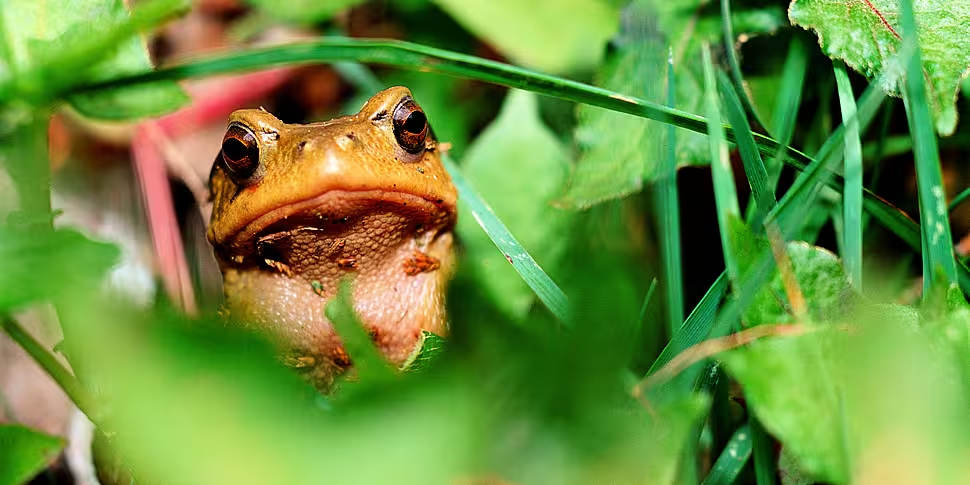Earth may be entering its sixth mass extinction with vertebrates and amphibians all in massive decline, a study by Queen’s University has found.
The paper, published today, researched over 70,000 species of animals and tracked their changes in population densities over time.
The study is the most comprehensive research of its kind to date and found that 48% of species are in decline, while less than 3% are increasing in population size.
Trinity College Dublin research associate Collie Ennis told The Pat Kenny Show vertebrates and amphibians are two species experiencing some of the most widespread declines all over the planet.
Mr Ennis said vertebrates and amphibians are two species experiencing some of the most widespread declines all over the planet.
“It tends to be the smaller creatures like invertebrates who will have a massive effect on ourselves if they start to disappear in great numbers,” he said.
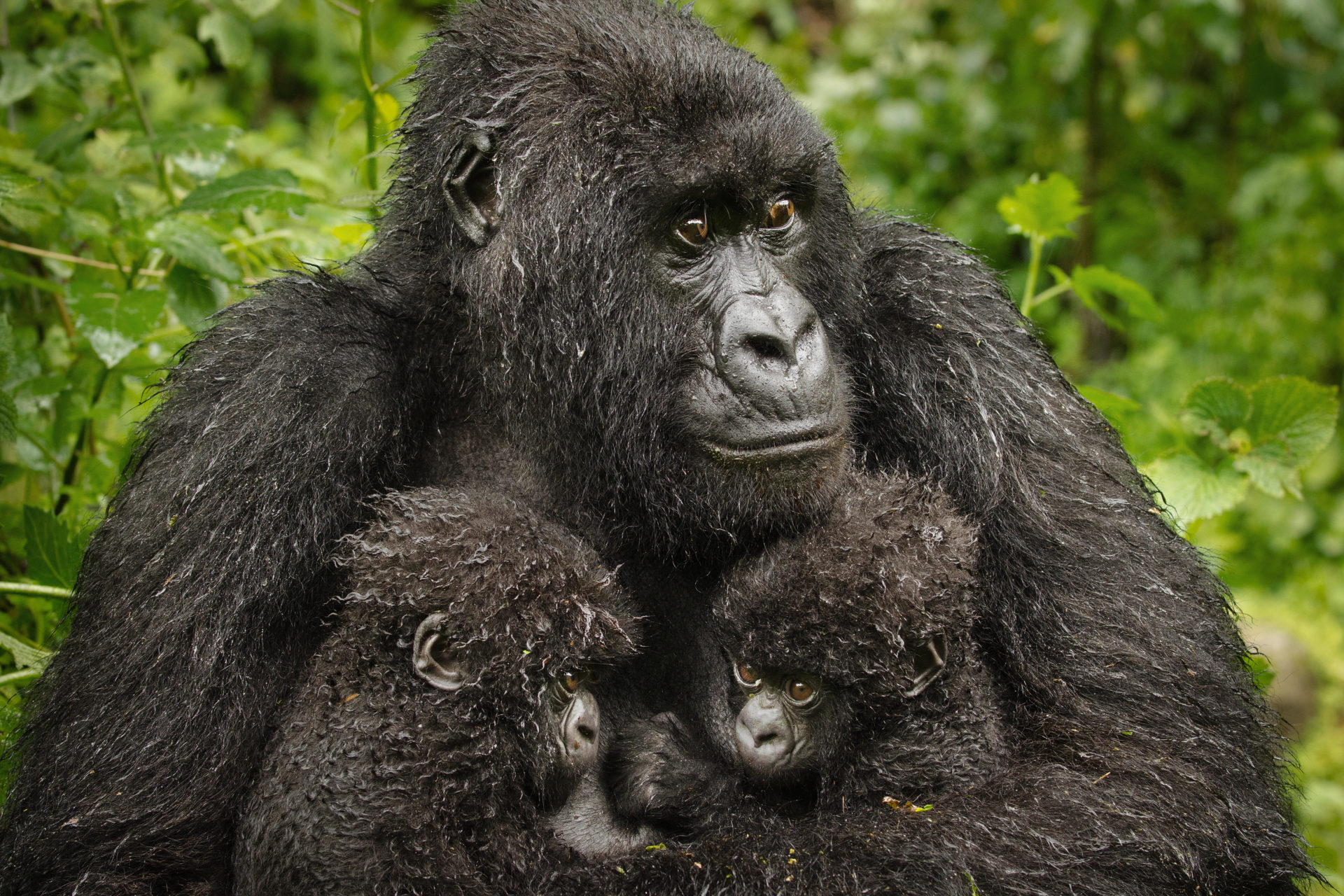 Close Up Mountain Gorilla (Gorilla beringei beringei) Twin Babies. mountain gorillas are currently listed as endangered species, with just over 1,000 individuals in the wild. (Diana Rebman / Alamy Stock Photo)
Close Up Mountain Gorilla (Gorilla beringei beringei) Twin Babies. mountain gorillas are currently listed as endangered species, with just over 1,000 individuals in the wild. (Diana Rebman / Alamy Stock Photo)Livestock
Mr Ennis said 60% of all the mammals on the planet now are our livestock, 40% are humans, and then 4% are wildlife.
“That's quite scary,” he said.
“The vast majority of birds that are on the planet are poultry, livestock, and chickens.
“When you think of it that way, it just shows the impact we're having as a species.”
“We've gotten away with it for so long, but as this imbalance increases, you're going to see knock-on effects to ourselves.”
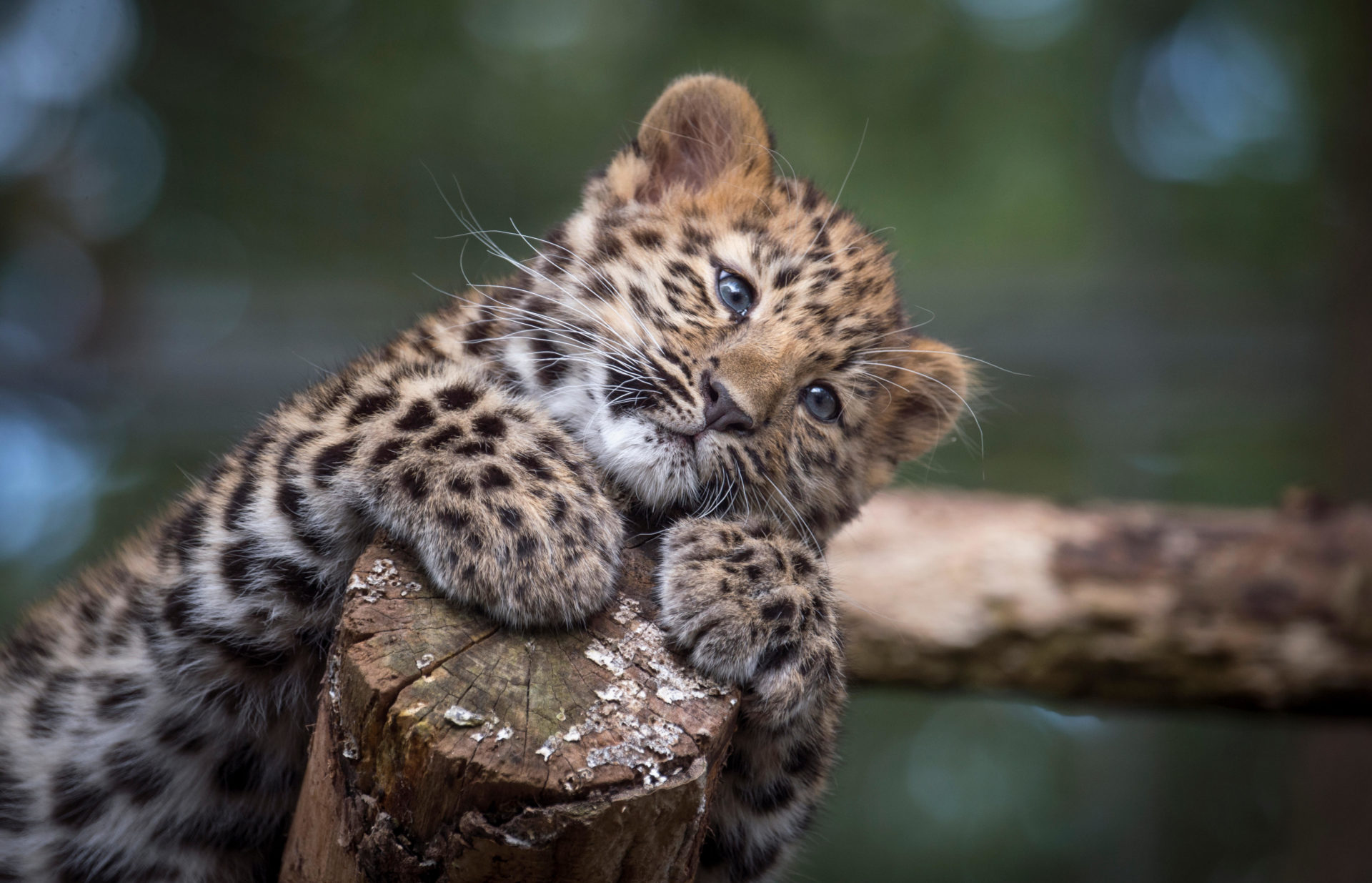 Female Amur leopard cub, one of the rarest big cats in the world, with only around 100 individuals left in the wild (Photo by cgwp.co.uk / Alamy Stock Photo)
Female Amur leopard cub, one of the rarest big cats in the world, with only around 100 individuals left in the wild (Photo by cgwp.co.uk / Alamy Stock Photo)Effects
Mr Ennis said this may lead to an increase “of diseases coming into humanity from places where they weren't accessible to us before.”
“The collapse of biodiversity which is our life support system – we need all these creatures to keep our water clean and our air clean … plants are included in that as well,” he said.
“We have to think of it on a purely selfish level, we have to think about our own survival or survival in a way that we can enjoy life, enjoy our planet, rather than just scraping by.”
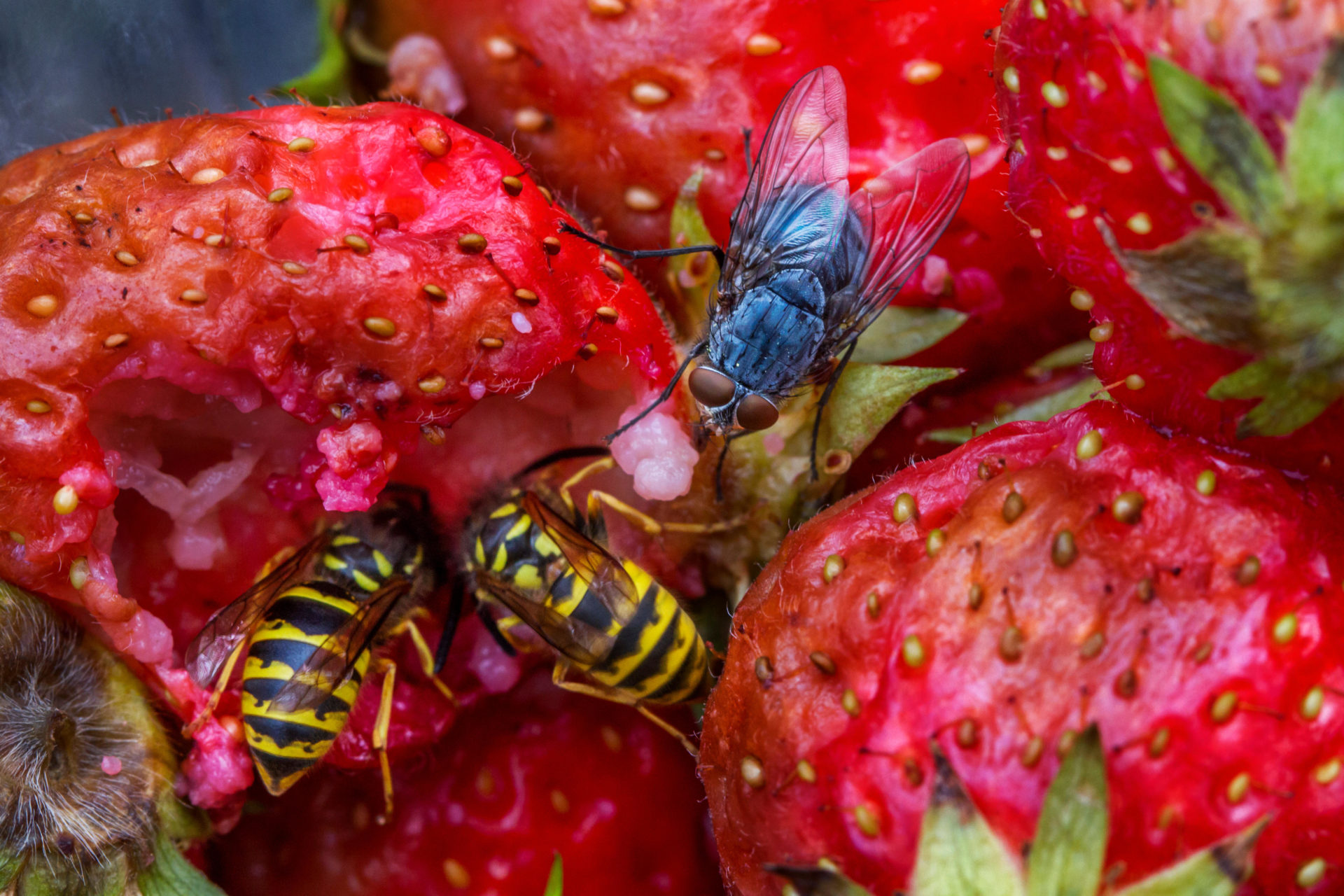 Wasps and flies eating rotten strawberries in garden (Arterra Picture Library / Alamy Stock Photo)
Wasps and flies eating rotten strawberries in garden (Arterra Picture Library / Alamy Stock Photo)Mr Ennis said reduced amounts of insects have already had effects on the planet.
“If we had more wasps, we'd have less use for pesticides, which would mean that you get less runoff into rivers,” he said.
“You lose start losing fish and invertebrates in the water because of these pesticides.
“It's like a house of cards, you start pulling them out and then things start going AWOL very, very quickly.”
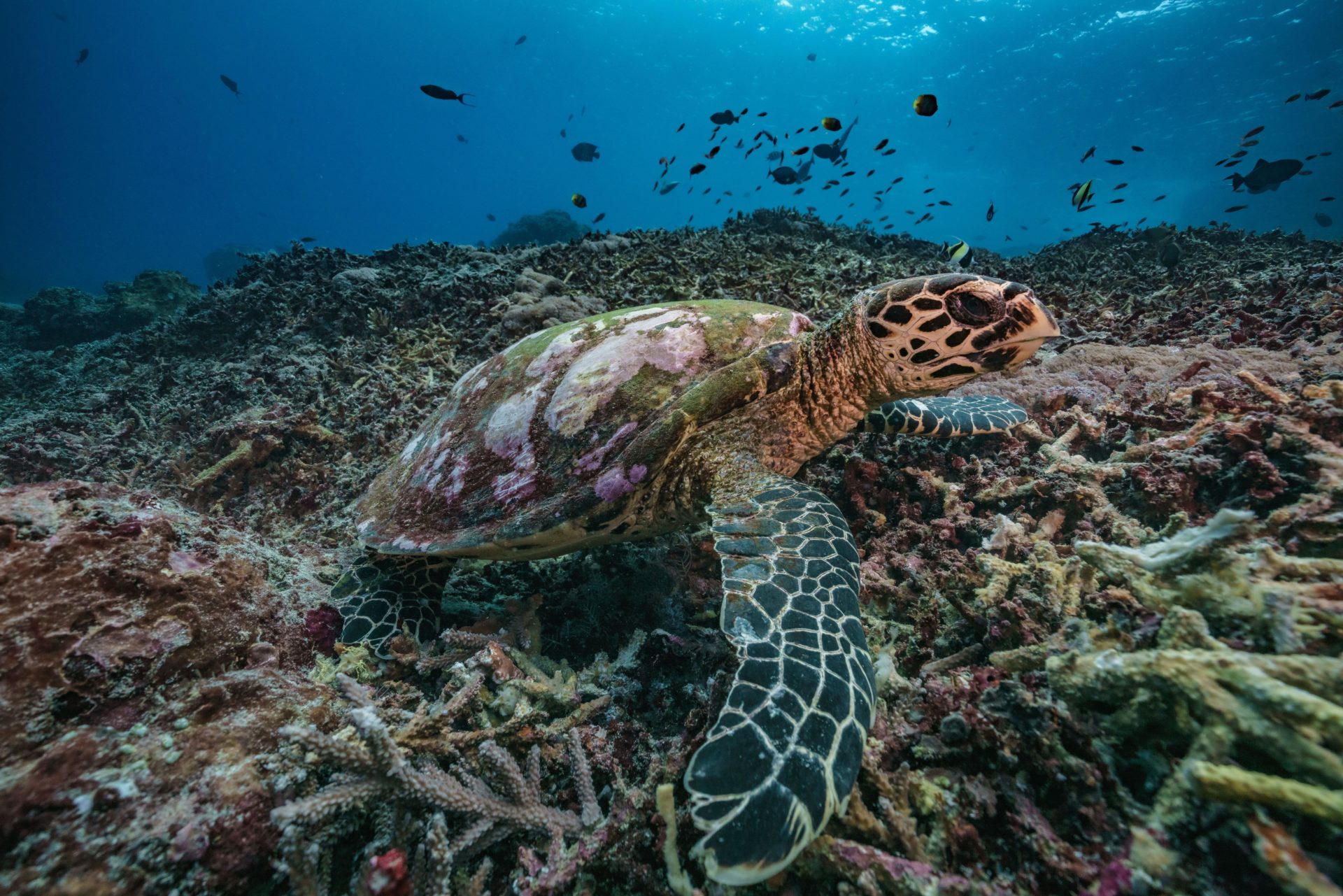 Hawksbill turtle underwater swimming on coral reef, In the last 30 years, the worldwide populations of hawksbill turtles have reduced by at least 80% as a consequence of accidental capture in fishing gears, nesting habitat degradation, coral reef damage and the illegal trade of hawksbill shells and products. (Photo by Adam Leaders / Alamy Stock Photo)
Hawksbill turtle underwater swimming on coral reef, In the last 30 years, the worldwide populations of hawksbill turtles have reduced by at least 80% as a consequence of accidental capture in fishing gears, nesting habitat degradation, coral reef damage and the illegal trade of hawksbill shells and products. (Photo by Adam Leaders / Alamy Stock Photo)Protection
Mr Ennis said it would be “hypocritical” for countries like Ireland to “be telling other countries what to do.”
He suggested, “an incentive financially for countries to protect existing wilderness areas.”
“We have to start setting aside land for nature, in our own spaces,” he said.
“You're going to get pushback against that because people's livelihoods are on the line.
"We need to do native woodlands and native trees and not just be putting in cash crops.
“If we don't start really taking it seriously and putting aside a little bit of space for nature to increase its number and to get a bit of breathing space, we're going to pay the price down the line.”


